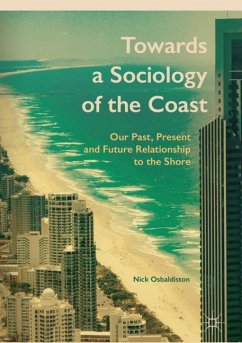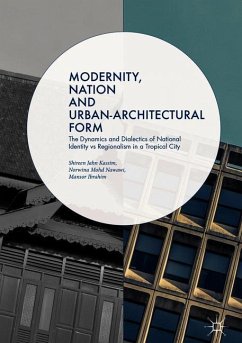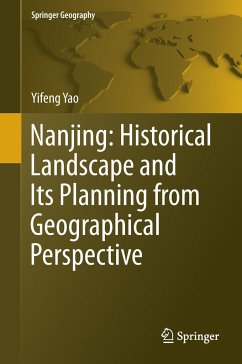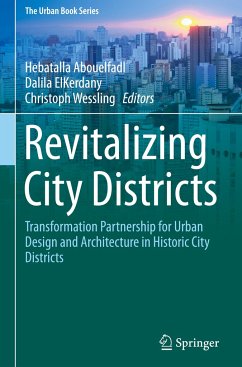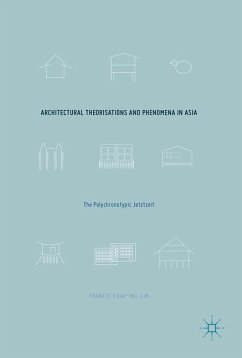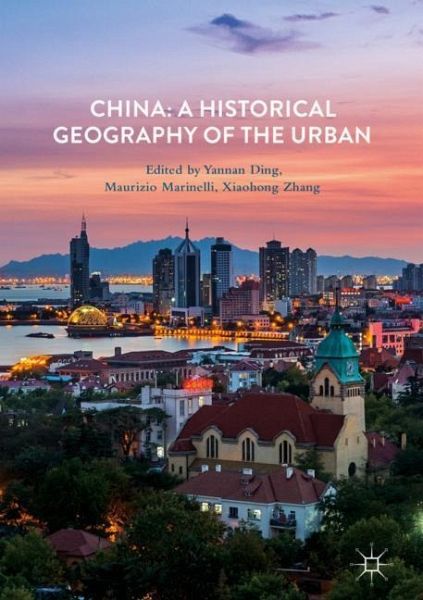
China: A Historical Geography of the Urban

PAYBACK Punkte
42 °P sammeln!
This book offers a unique contribution to the burgeoning field of Chinese historical geography. Urban transformation in China constitutes both a domestic revolution and a world-historical event. Through the exploration of nine urban sites of momentous change, over an extended period of time, this book connects the past with the present, and provides much-needed literature on city growth and how they became complex laboratories of prosperity.The first part of this book puts Chinese urban changes into historical perspective, and probes the relationship between nation and city, focusing on Shangh...
This book offers a unique contribution to the burgeoning field of Chinese historical geography. Urban transformation in China constitutes both a domestic revolution and a world-historical event. Through the exploration of nine urban sites of momentous change, over an extended period of time, this book connects the past with the present, and provides much-needed literature on city growth and how they became complex laboratories of prosperity.
The first part of this book puts Chinese urban changes into historical perspective, and probes the relationship between nation and city, focusing on Shanghai, Beijing and Changchun. Part two deals with the relationship between history and modernity, concentrating on Tunxi, a traditional trade center of tea, New Villages in Shanghai and street names in Taipei and Shanghai. Part three showcases the complexities of urban regeneration vis-à-vis heritage preservation in cities such as Datong, Tianjin and Qingdao.
This book offers an innovative interdisciplinary and international perspective, which will be of interest to students and scholars of Chinese urban studies, as well Chinese politics and society.
The first part of this book puts Chinese urban changes into historical perspective, and probes the relationship between nation and city, focusing on Shanghai, Beijing and Changchun. Part two deals with the relationship between history and modernity, concentrating on Tunxi, a traditional trade center of tea, New Villages in Shanghai and street names in Taipei and Shanghai. Part three showcases the complexities of urban regeneration vis-à-vis heritage preservation in cities such as Datong, Tianjin and Qingdao.
This book offers an innovative interdisciplinary and international perspective, which will be of interest to students and scholars of Chinese urban studies, as well Chinese politics and society.





